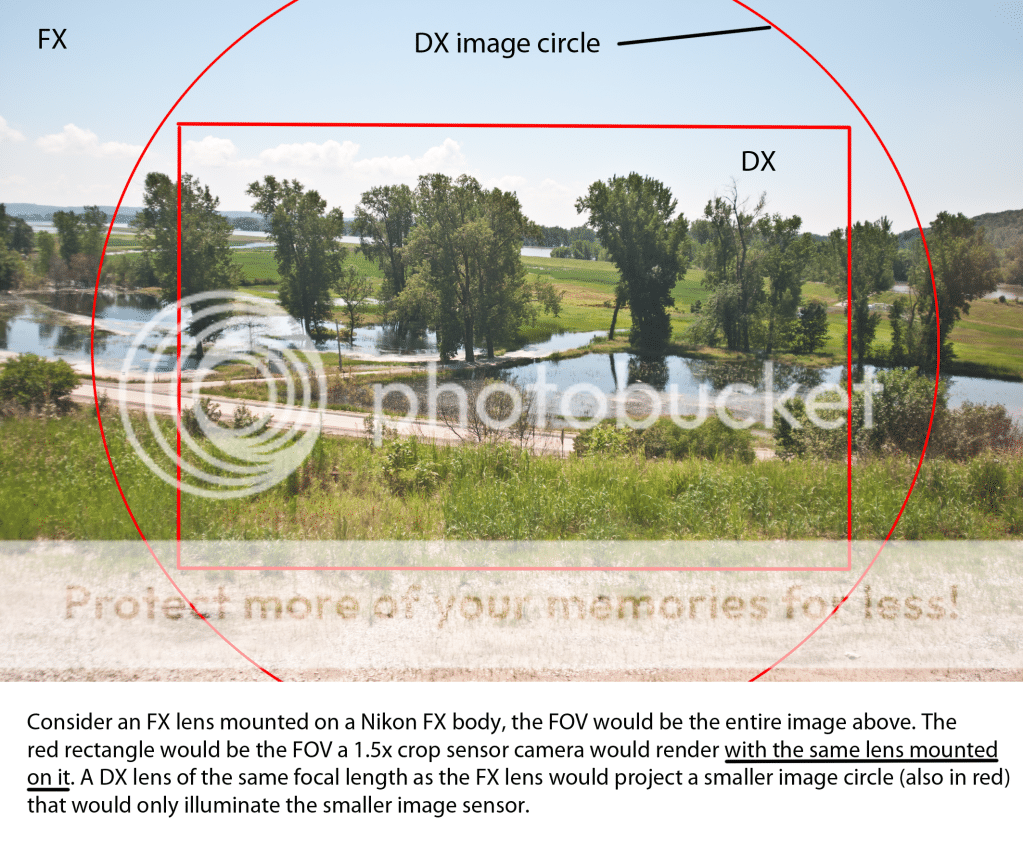lemonart
TPF Noob!
- Joined
- Jan 12, 2012
- Messages
- 139
- Reaction score
- 8
- Location
- Toronto, Canada
- Can others edit my Photos
- Photos NOT OK to edit
Hey everyone. I'm rather new to the forum, and photography in general... but I'm loving it.
Anyhow, my question is as follows...
While I'm aware of WHAT a crop factor is, and how it works re: FX lenses used on a DX camera. I'm a little confused as to the crop factor of DX lenses. If person has a DX lens that says on it, for example, 16-85mm DX... will that actually be 16-85mm on a DX camera or will it still technically be 24-127mm regardless of it being labelled as a DX lens?
Thanks!
Lem
Anyhow, my question is as follows...
While I'm aware of WHAT a crop factor is, and how it works re: FX lenses used on a DX camera. I'm a little confused as to the crop factor of DX lenses. If person has a DX lens that says on it, for example, 16-85mm DX... will that actually be 16-85mm on a DX camera or will it still technically be 24-127mm regardless of it being labelled as a DX lens?
Thanks!
Lem









![[No title]](/data/xfmg/thumbnail/37/37519-6093821531f744039f3ac2b3e30c7dbf.jpg?1734170680)



